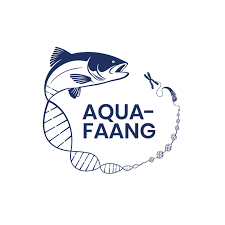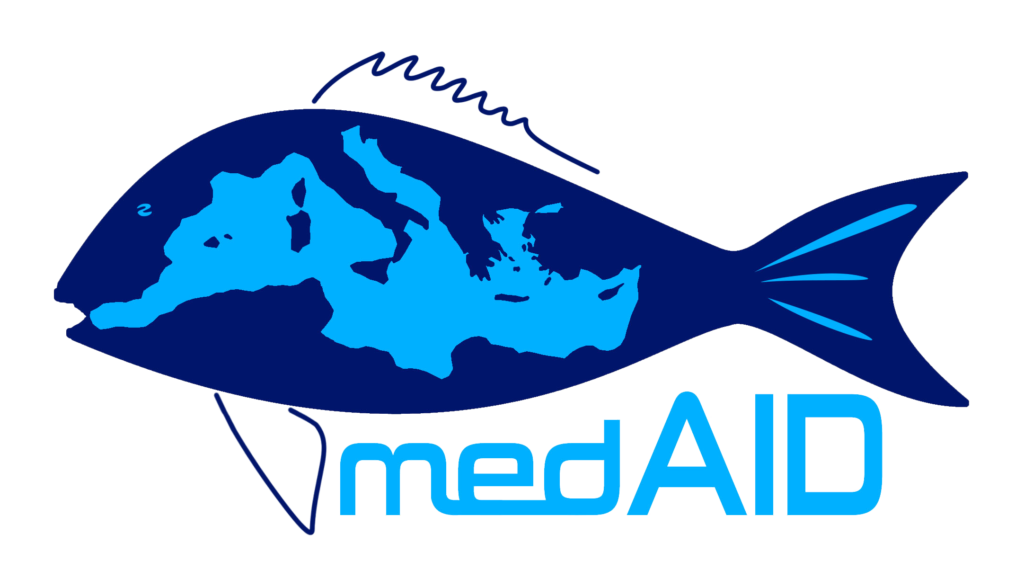Functional and Comparative genomics
People involved
Key research areas
Gene expression and regulation, gene evolution and structure, characterization of gene function, evolution and structure
IMBBC significantly contributes to the generation of genomic, transcriptomic and proteomic resources to gain a better understanding of marine biodiversity with their relevant functions and to promote the development of aquaculture as well as biotechnological applications. To this aim, important bioinformatics tools are being developed, as well as publicly accessible datasets, databases software programs are progressively generated. IMBBC further explores molecular and high throughput -omics approaches to investigate ecological queries, as well as to study the function and evolution of genes and genomes relevant to environment, climate change and aquaculture.
Main research areas are the investigation of the dynamics in gene expression as well as regulation linked to a broad range of different physiological status (e.g. reproduction, development, growth, immune and stress response) and marine organisms (from bacteria, yeast to teleosts). It is further aimed to characterize gene function, evolution and structure. Moreover, genome sequencing approaches enables to carry out phylogenomics and gene evolutionary studies.
The main research activities of IMBBC in the field include:
a) Functional Genomics
Gene expression is a complex and dynamic process, which is orchestrated by a broad range of signals. IMBBC is conducting basic research aiming to identify and functionally characterize genes and their expression. Research in this field further aims to understand the mechanisms that initiate and regulate gene expression dynamics in the context of different economical, but also ecological, traits. This is pursued at the transcriptional (DNA methylation) as well as at post-transcriptional level (non-coding RNAs, repetitive elements). Regulatory mechanisms also play an important role in evolution, adaptation and acclimation of marine organisms. IMBBC further investigates biosynthetic pathways involved in the production of secondary metabolites and enzymes with roles in cell ecology and with promising applications in biotechnology. In this line the identification and sustainable production of diatom metabolites with applications in aquaculture, the food, pharmaceutic and biofuel industries is carried out. Studied organisms are fishes, mollusks, sponges, diatoms, fungi, and bacteria. High throughput investigations at the genomic but also at the transcriptomic level have become feasible due to the event of Next Generation Sequencing (NGS). IMBBC was the first in Greece to introduce this technology in the form of the GS-FLX 454. Today, the in-house DNA sequencing facility comprises two NGS sequencing platforms: the MiSeq (Illumina), as well as the MinION (Oxford Nanopore Technologies). High-throughput data analysis is supported by the High Performance Computing (HPC) system “zorbas” of IMBBC (https://hpc.hcmr.gr/). Advanced investigations of gene function are supported by quantitative PCRs (qPCRs) as well as sampling, laboratory cultivation facilities and instrument based transfection systems.
b) Comparative /Evolutionary genomics
The accessibility of whole–genome sequences and rapid developments in genomics are paving the way towards new and valuable research in compara-tive/evolutionary genetics and genomics. Comparative genomics is a powerful tool to transfer knowledge coming from model to non-model species of economic, biotechnological or/and evolutionary interest. IMBBC through access to emerging -global and local- collections, the DNA sequencing and HPC facilities, is generating new, annotated whole–genome and transcriptome sequencing data and performs comparative genomics at the sequence, gene, but also chromosomal level.
The generation of new whole–genome sequencing data is supported by the NGS sequencing facility of IMBBC, comprising Illumina MiSeq as well as the MinION Oxford Nanopore sequencers. Required high-throughput data analysis is sustained by the high performing computer cluster of IMBBC (https://hpc.hcmr.gr/). Having set the basis further activities are carried out to characterize gene families, identify orthologs and paralogs as well as conserved regulatory mechanisms.

















